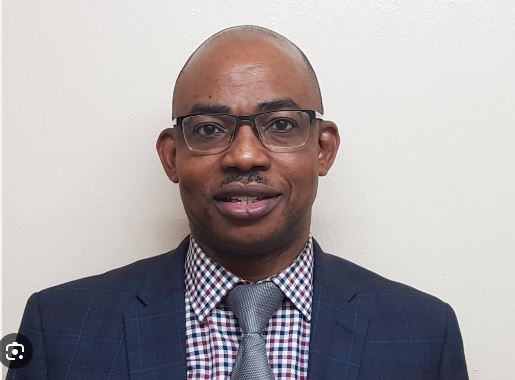
Expressing their approval, the Institute of Chartered Accountants of Nigeria has backed the Senate’s decision to investigate the Ways and Means loan provided to the Federal Government during the tenure of former president, Muhammadu Buhari.
The Senate set up a nine-member ad hoc committee in February to look into the allocation and utilization of the N30tn Ways and Means loan acquired by the Buhari administration from the Central Bank of Nigeria.
Recently addressing journalists, ICAN President Dr. Innocent Okwuosa welcomed the inquiry by the upper legislative chamber. He urged the CBN Governor, Yemi Cardoso, to take lessons from the errors made by past CBN leaders.
Stating his views, the ICAN President mentioned, “Our hope is that under the new administration, borrowing will become a thing of the past. Nonetheless, my advice is for the CBN to maintain extending Ways and Means to the government, despite the CBN’s own declaration that it would cease extending Ways and Means to the government. This move is commendable from our standpoint. Therefore, if the CBN upholds its decision to not increase the Ways and Means allocated to the government, that’s a policy we endorse.”
“There was a Fiscal Responsibility Committee that established a specific limit on the percentage of Ways and Means. The threshold was approximately five percent. When the CBN surpassed this limit, there was minimal reaction. People should have voiced their concerns to prevent further breaches. Now, we are not talking about five percent; we are talking about N30tn, which is substantial. My understanding is that it has been converted into bonds. Nevertheless, one positive aspect we support is the Senate’s initiation of an investigation into these Ways and Means. I anticipate that the inquiry will reveal more and serve as a lesson for the current CBN leadership, steering them away from the errors of their predecessors.”
Echoing further, Okwuosa encouraged the CBN to explore alternative methods to support government deficit funding and halt the escalation of Ways and Means allotted to the government.
He elaborated, “They can turn to the capital market and link the funds to specific projects. Every instance of government deficit arises from the absence of funding for a project. Therefore, if funds are required for such a project, they can be raised in the capital market and directly tied to the project lacking budgetary support. I believe this is the direction the CBN should follow.”
Okwuosa also highlighted the potential for Nigeria to enhance its foreign exchange earnings by promoting exports to African nations and leveraging the African Continental Free Trade Agreement.
“Emphasizing the need for increased trade within Africa, assuming challenges in exporting to Europe due to the operational Africa Continental Trade Agreement. The agreement’s potential needs to be fully tapped. A holistic approach incorporating these strategies will boost our foreign exchange reserves, translating to a favorable impact on exchange rates,” he concluded.
